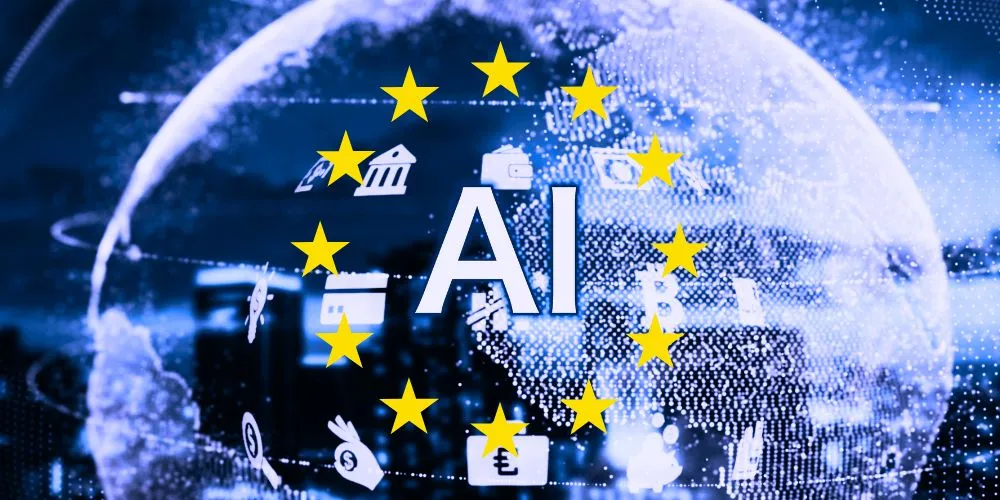Key Points:
- The European Union Parliament has endorsed the EU AI Act, the first major regulatory framework for artificial intelligence.
- The AI regulation categorizes AI applications based on risk, ranging from “unacceptable” (resulting in a ban) to high, medium, and low hazards.
- The regulation is set to enter into force at the end of May after final checks and endorsement from the European Council.
- Some EU countries, including Germany and France, have favored self-regulation over government-led restrictions to foster innovation and competitiveness.
The European Union’s Parliament has officially endorsed the world’s first comprehensive regulatory framework for artificial intelligence (AI), marking a historic step in governing the rapidly evolving technology. The EU AI Act, born in 2021, sets out a range of regulatory categories based on the risk associated with AI applications, from “unacceptable” (resulting in a ban) to high, medium, and low hazards.
In a session on Wednesday, the Parliament overwhelmingly supported the AI regulation, with 523 votes in favor, 46 against, and 49 abstentions. Thierry Breton, the European Commissioner for the internal market, celebrated the achievement, declaring that “Europe is NOW a global standard-setter in AI.” The sentiment was echoed by Roberta Metsola, President of the European Parliament, who described the act as trailblazing and emphasized its role in fostering innovation while safeguarding fundamental rights.
The EU AI Act addresses concerns related to potential AI abuse, particularly the emergence of deepfakes, which use AI to generate false content such as photos and videos. The regulation’s implementation is anticipated at the end of May, following final checks and endorsement from the European Council. Dragos Tudorache, a lawmaker who played a key role in overseeing EU negotiations on AI regulation, acknowledged the agreement’s significance but highlighted that the real challenge lies in its effective implementation.
Notably, the EU’s approach to regulating AI differentiates between countries advocating for self-regulation and those supporting government-led restrictions. Some member states, including Germany and France, have expressed concerns that overly restrictive regulations could hinder Europe’s ability to compete with Chinese and American tech companies. However, the EU has emphasized balancing fostering innovation and protecting citizens’ rights.
The EU has been actively addressing the impact of technological advancements on consumers and the dominance of major tech players. Last week, the Union implemented the Digital Markets Act, a landmark competition legislation aimed at curbing anti-competitive practices by major tech companies.





